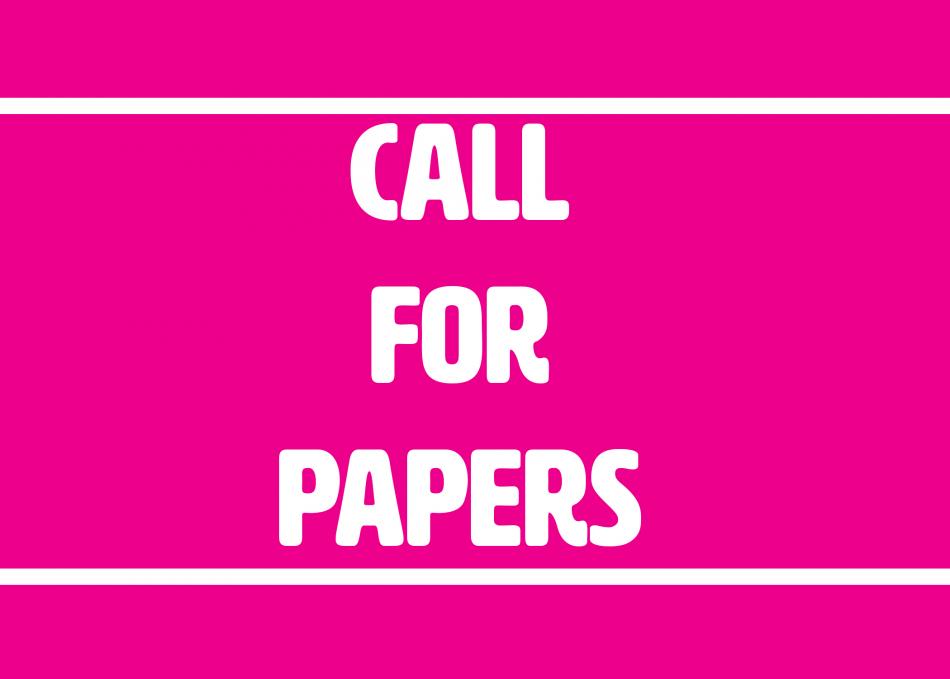Rather than reverting to earlier celebrations of “the French,” who figured prominently in the academic literature on Louisiana prior to the 1970s, this conference will aim at probing the singularity of the France-Louisiana relationship by offering comparative, connected perspectives on its past and present.

From 1682 – when the “land of Louis” became a place name in French colonial North America – to the joint celebrations of New Orleans’s tricentennial in 2018, the relationship between France and Louisiana has been tumultuous, to say the least. Ceded to Spain in 1762, returned to France in 1800, purchased by the United States in 1803 and subsequently divided into several states, including the current state of Louisiana (1812), Louisiana nonetheless retained close ties with France and the French-speaking world throughout the nineteenth century. In 1809, for instance, some 10,000 black and white refugees from Saint-Domingue (Haiti) disembarked in New Orleans, including 3,000 free people of color. This last group more than doubled the size the existing New Orleans free black community and over the years merged and intermarried with native free people of color of francophone ancestry. Tens of thousands of French-born émigrés (including radically progressive journalists exiled by Napoléon III who helped stir thoughts of a more equitable society within Creole circles) also integrated and reinforced the existing New Orleans white francophone community. In 1921, the Louisiana state legislature prohibited the use of French as a language of instruction in local public schools, in accordance with the national policy of “Americanization.” The creation of the Council for the Development of French in Louisiana (CODOFIL) in 1968, however, fostered efforts to promote francophone cultures in Louisiana that led to a reported “French Renaissance.” In recent years, the Louisiana Purchase bicentennial celebrations and the tricentennial celebrations of New Orleans’s founding have revived scholarly and popular interest for Louisiana’s French colonial past and Creole French.
Rather than reverting to earlier celebrations of “the French,” who figured prominently in the academic literature on Louisiana prior to the 1970s, this conference will aim at probing the singularity of the France-Louisiana relationship by offering comparative, connected perspectives on its past and present. Through keynote lectures, panels, roundtables, and concomitant exhibitions, the conference also intends to foster transatlantic academic dialogue on the theoretical frameworks, ethnographic methods, and curatorial/documentary praxis related to the study of French Louisiana and Louisiana francophones cultures.
Proposals – including a 500-word abstract and a 150-word bio – should be sent to the following email address: colloquelouisiane2023@gmail.com by December 31, 2021. Authors will be notified of the program committee’s decision concerning their submission by February 1, 2022.
Read full text in the attached document
